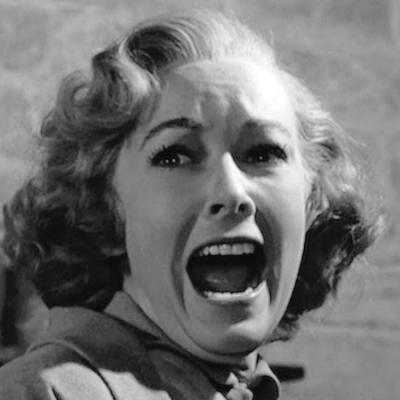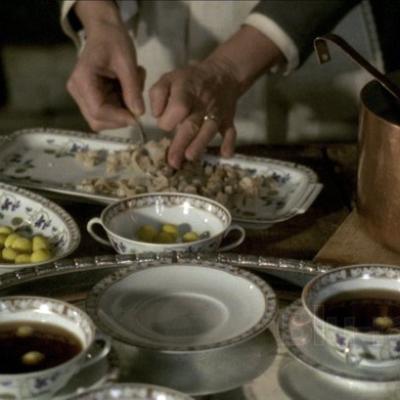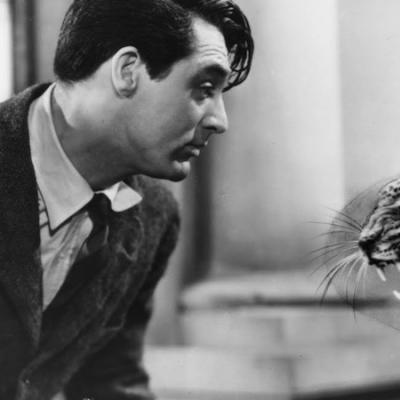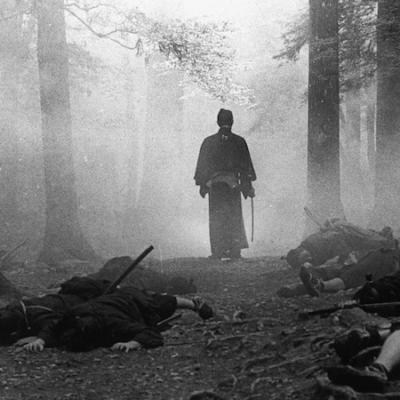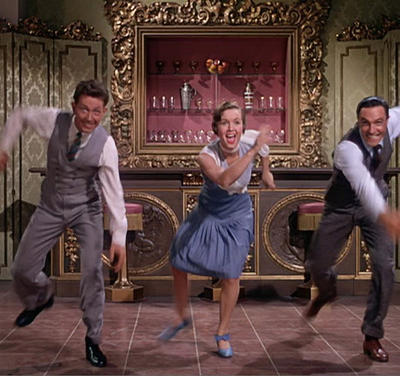It’s always fascinating to see movies turn the cameras back upon themselves. Whether you’re looking at it from the perspective of commerce or art, of the people who make the movies or the people who watch them, movies help us make sense of our lives in profound ways. Here are five of the best meta movies that comment on the art of moving pictures.
Sullivan’s Travels (1941)
This classic comedy is a simple parable about the power of film. Joel McCrea plays John L. Sullivan, a director who seeks to make a powerful, socially relevant drama about the plight of America’s poor, rather than the comedies that have been so successful for him, so he dresses himself as a hobo and attempts to live among them. Of course, his plan goes terribly, hilariously wrong, leading to a series of mistakes and miscommunications in classic screwball mode. The emotional climax of the film is one of the most powerful in films of the era, with Sullivan realising, as he sits among his fellow downtrodden souls, that a bit of lightness and laughter is exactly what they need to get them through the hard times.
Contempt (1963)
Contempt is as prickly as just about any film by famed iconoclast Jean-Luc Godard, but it is also one of his most approachable films. Brigitte Bardot stars, and in a sly nod to her highly bankable sex appeal, the first thing the audience sees is her bare bottom. Bardot plays Camille Javal, wife of novelist and playwright Paul Javal (Michel Piccoli), who is asked to assist in a film adaptation of Homer’s Odyssey, helmed by legendary director Fritz Lang (who plays himself). Ostensibly Contempt is about the decay of Camille and Paul’s marriage, but it also slyly comments on the way that art both reflects and distorts life, and the many competing demands and hurdles of making a film.
Kings of the Road (1976)
The final film in German filmmaker Wim Wenders’ “Road Movie trilogy” is a movie about movies from the perspective not of those who make them, but those who screen them. Film projectionist and projector repairer Bruno (Rüdiger Vogler) heads out on the road with Robert (Hanns Zischler), who is depressed after the breakdown of his marriage. Aimlessly wandering, the pair visit run-down cinemas marooned in the middle of nowhere, speaking with the people there. Kings of the Road brilliantly examines the way movies, and the places people see them, frame, intersect with and influence their real lives, for better or for worse.
Barton Fink (1991)
This darkly comic and arrestingly symbolic period piece is satirical, surreal, and deeply ambiguous, but it also feels like one of the famed Coen brothers’ most personal films. John Turturro plays the title character, an acclaimed playwright who makes the move to L.A. to write for the movies, only to discover that inspiration simply isn’t coming. Barton Fink is a comment on the creative process, but also on the personalities behind that process, who seem to be false, hypocritical, phoney. It’s rhetorically loaded and leaves the viewer with many unanswered questions, but as a comment on the art of movies itself, Barton Fink is almost unparalleled.
Berberian Sound Studio (2012)
Spare a thought for the Foley artists, the unsung heroes who make sure every slap, squelch, squish and snap on-screen sounds as real as possible. Berberian Sound Studio, from idiosyncratic British director Peter Strickland, is centred on one such sound engineer and Foley artist, the meek Gilderoy (Toby Jones). Set in the 1970s, Gilderoy travels to Italy and finds himself working on a film belonging to the giallo genre; That is, an intensely violent and gruesome horror film. This abstract and profoundly disturbing film enters a strange netherworld where film and reality blur, and Gilderoy’s attempts to make realistically gross sounds take a terrible toll on him.
